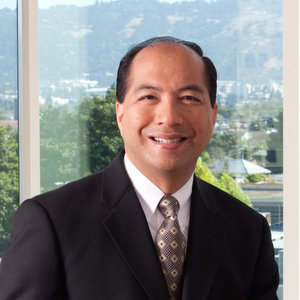Jan 20
2015
The Inexorable March toward Accountable Care: CMS Adds 89 New MSSP ACOs
Guest post by Ken Perez, vice president of healthcare policy, Omnicell.

During much of 2014, there seemed to be a rising tide of negativism about the Centers for Medicare & Medicaid Services’ accountable care organization (ACO) programs. After losing nine of its participating organizations after its first year of operation, the Pioneer ACO model suffered some more high-profile departures in 2014.
In August, Sharp HealthCare, a five-hospital system in San Diego, Calif., exited the program, and the following month, three other ACOs—Franciscan Alliance in central Indiana, Genesys PHO in Flint, Mich., and Renaissance Health Network in Pennsylvania—also dropped out. Since the Pioneer program’s inception in January 2012, the total number of Pioneers has dropped by 41 percent, from 32 participants to 19.
The bad news wasn’t confined to the Pioneer program. An October 2014 survey by the National Association of ACOs (NAACOS) indicated that two-thirds of Medicare Shared Savings Program (MSSP) participants are “highly” or “somewhat” unlikely to remain in the ACO program as it currently stands. Clearly, the Medicare ACO ship certainly seemed to be sinking.
In an attempt to right the ship, on Dec. 1, 2014, CMS released a long-awaited 429-page proposed rule to modify the MSSP, seeking to retain as many of the current MSSP ACOs as possible and attract new participants to the program. The words “encourage” or “encouraging” appear almost 100 times in the document—with an eye, ultimately, toward greater ACO participation in risk-based models. However, in spite of CMS’s intention, NAACOS and the American Hospital Association’s initial responses to the proposed rule were generally critical. CMS is accepting public comments until Feb. 6, 2015, after which it will compose the final rule, a process which should take, if history is a guide, three to six months.